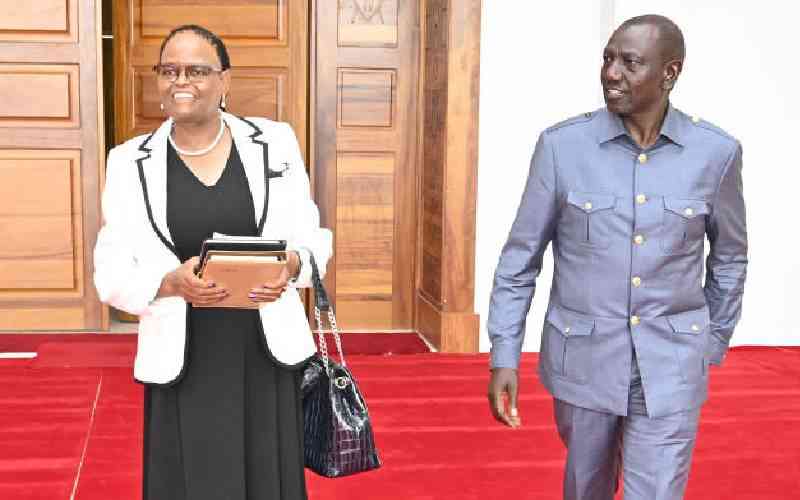
A few months ago, the Judicial Service Commission, the independent body that chooses our judges from the Supreme Court downwards, paid a courtesy call on President William Ruto and appraised him of the state of the administration of justice in the country.
Then, the JSC, as part of the Forum of the Constitutional Commissions and Independent Offices, "held a meeting with Deputy President Rigathi Gachagua to enhance co-operation with the Executive in facilitating efficient delivery of services to Kenyans. "The main objective [of this Forum] is to buttress tripartite configuration of Government..."